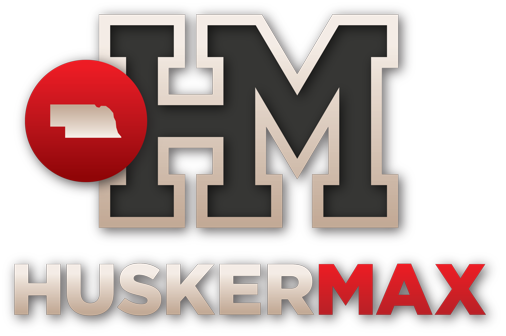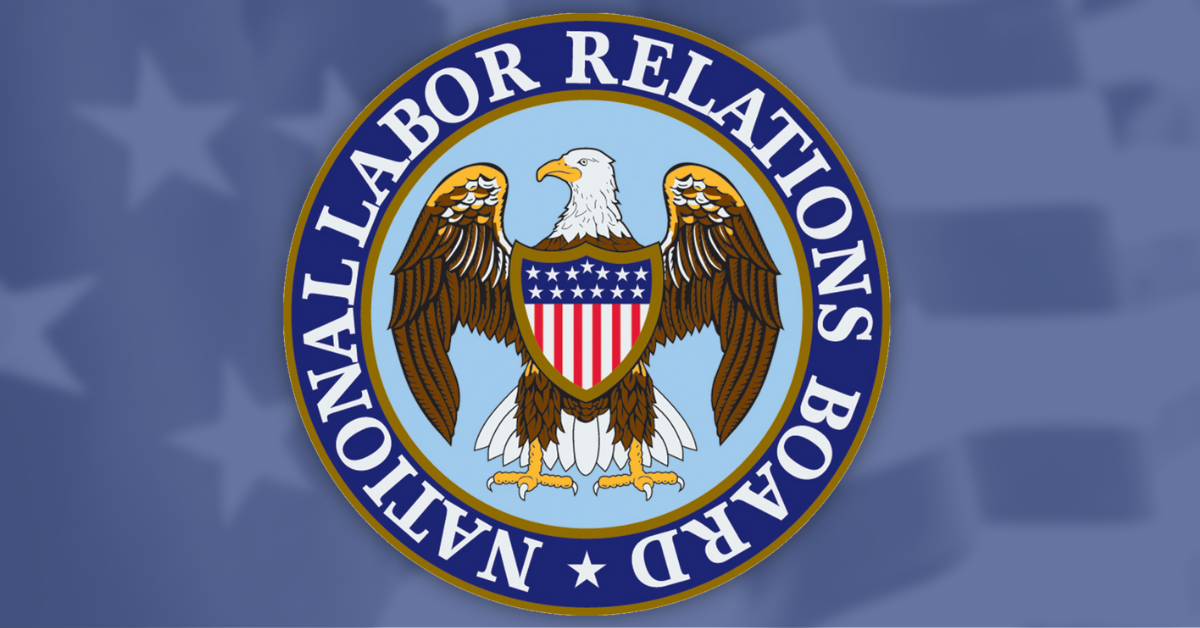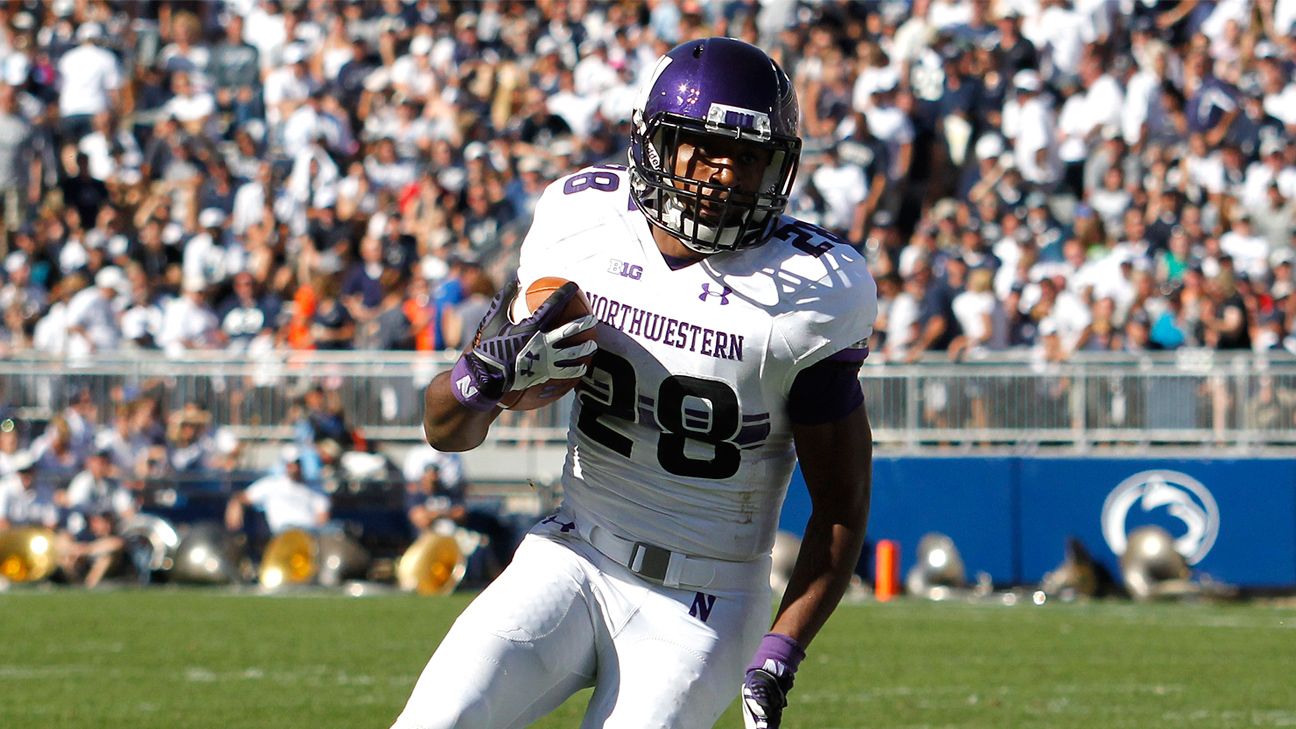It depends on how everything is set up. Right now it appears that the prevailing entity setup will be that the athletes are employees of the university and are subcontracted out to the football team (which will be a university affiliated entity). The athletes will likely have a union contract with the university. I'm guessing that contract will allow for each student to negotiate their own NIL deals but with some caveats. Nebraska athletes won't be able to wear Nike (for example).Bigger issue is for the athletes themselves.
Now with NIL each athlete has the right to individual negotiations for NIL.
As "employees" and the addition of potential "unions" each individual will have to conform to what the group gets negotiated for them.
With of course a 10% rake off for the "Big Guy" (Union).....
Finding out that they are "employees" is not good news for college athletes, now that NIL is so wide open and with the Transfer Portal in place.
Oh, by the way, can "employees" just "leave" their place of "employment", i.e. that is how does this effect the Transfer Portal use? Inquiring minds want to know.........
To the second part, it's possible but unknown right now if the athletes can just up and leave and join another school the next day (like a typical employee can do). Football and probably men's basketball will be out of the NCAA. They'll have rules and those rules will have to be included in the union contracts. I don't see many issues on that front, it will "mirror" NFL transfer type rules.




